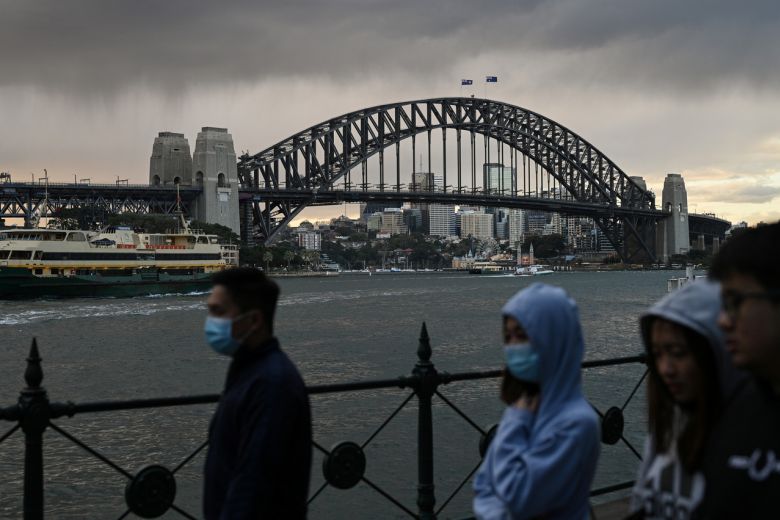SYDNEY — Australia plans to start allowing foreign students to return from next month as part of a trial that will aim to reboot the country’s lucrative international education sector.
The first batch of students will be brought to the state of South Australia, which has effectively curbed its Covid-19 outbreak. As of Wednesday, the state had recorded 23 cases since the beginning of June and had not had a locally-transmitted case in 13 days.
The trial will involve bringing 300 university students – reportedly mainly from China, Hong Kong, Japan and Singapore – on a flight in early September from Singapore to Adelaide. The students, like Australian citizens and residents arriving from abroad, will undergo 14 days of quarantine at a hotel, to be paid for by the universities.
Trade Minister Simon Birmingham said the trial was designed to test whether students could be brought to Australia safely, and would enable a greater number of enrollments for the next academic year.
“This is a sector that supports thousands and thousands of jobs,” he told Adelaide’s 5AA Radio on Monday (Aug 17). “So, if we can successfully run a pilot… then we can look at how we might deal with things as we head into next year, particularly the start of uni next year.”
South Australia’s Premier, Mr Steven Marshall, said on Wednesday that a final decision had not yet been made about the exact date for the start of the trial or which places the students will come from.
A previous plan in July to bring international students to Canberra was postponed due to the worsening situation in Australia for Covid-19.
As of Wednesday, Australia had recorded 23,993 Covid-19 cases and 450 deaths. The country was almost free of the virus until a fresh outbreak in Melbourne in July, which spread to other regions and states. Melbourne is currently under a strict six-week lockdown, including an 8pm to 5am curfew, and case numbers have begun to drop this week.
The curbs on international travel introduced since the outbreak of the pandemic have taken a devastating toll on Australia’s international education sector, which was previously worth about $A40 billion (S$39.5 billion) a year.
As of June, Australia had 637,415 foreign students in the country who were enrolled at schools, universities and other educational institutions. Of these, 26 per cent were from China, 17 per cent from India, 8 per cent from Nepal and 4 per cent from Vietnam. But thousands of students were left stranded overseas, unable to resume or start their studies due to the travel ban which is expected to cost universities A$3 billion.
But the toll could worsen, especially as government data has shown that foreign student visa applications plunged in recent months. In the three months to the end of June, 45,155 people applied for such visas, compared with 117,303 people in the same period last year – a drop of more than 60 per cent. Some universities have already shed staff and scaled back other spending such as building works.
Mr Phil Honeywood, the chief executive of the International Education Association of Australia, which promotes the international education sector, welcomed the trial in South Australia, saying he hoped it would lead to similar moves in other states.
“Congrats to (South Australia) for being the first to announce overseas students to return,” he said in a tweet. “Come on all you other states/territories with closed borders – restart your vital (international education) industries.”
But the trial has prompted criticism, particularly from Australians from other states who are currently barred from entering South Australia as well as from Australians who have struggled to return home from overseas due to limited flight places.
Mr Birmingham said the international education sector was vital to the Australian economy and should be rebooted as soon as it was safe to do so.
“This is a very important next step in terms of the recovery from the economic disaster of Covid,” he said.
